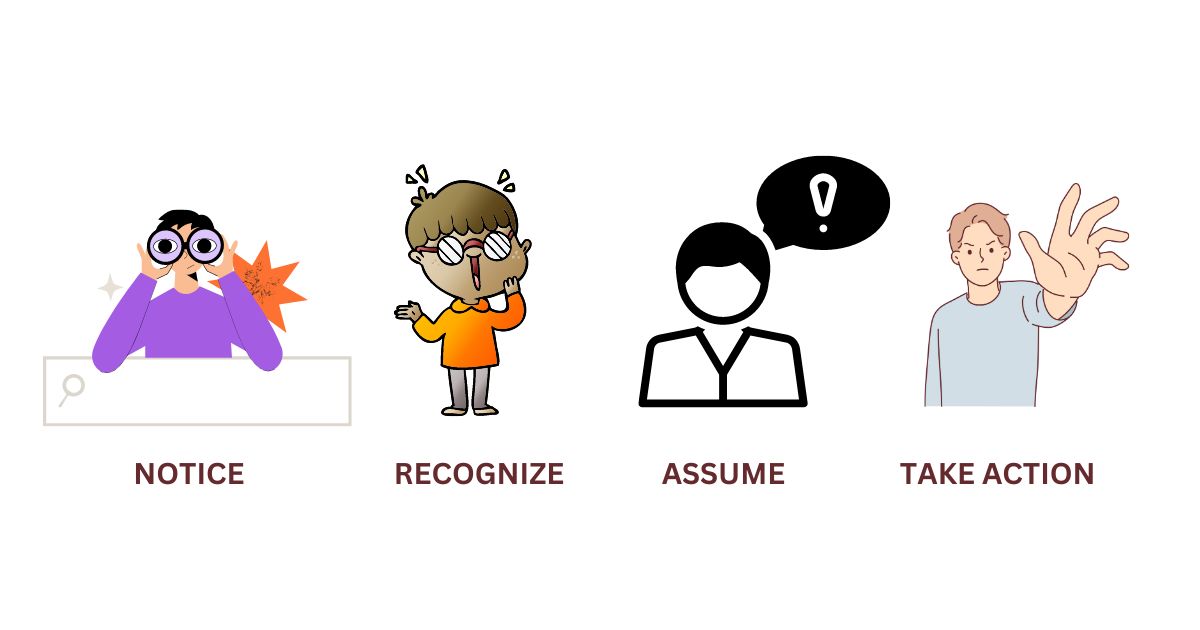Elder Law “Super Lawyer” Ben Neiburger shares 10 Elder Care Tips
May is Elder Law Month and when I hear “Elder Law,” I think of Caregiverlist® Elder Law Expert, Ben Neiberger. Since 1994, Ben has been giving legal and lay audiences a reprieve from some of the most complex and boring topics in the legal field (specifically, ERISA, Medicaid, and Eldercare). His delivery style helps you understand the important aspects of these topics in a way that gives you the ability to understand the legal issues you must know. Here, Ben shares his 10 Tips for surviving elder care to help you through the caregiving process and ensure you provide the best care possible for your loved one
Oh, and the moniker “Super-Lawyer” is real. Mr. Neiburger was named a “Super Lawyer” in Elder Law by Thompson Reuters and the publishers of Chicago magazine. Only three other attorneys in the state of Illinois were recognized this way in 2013. He also received this honor in 2007 and 2009 through 2014.
For Caregiverlist readers only, Ben is offering letting us give away his new ebook Brighter Skies: Your Blueprint to Navigating Elder Care. It’s a simple to understand guide that was written to make the process of Elder Care more bearable and less stressful for families. Follow these tips and you will spare yourself and your loved ones unnecessary pain in both the long and short terms.
Having practiced elder law for as long as I have, I’ve observed a number of issues that recur for families trying to negotiate the complex matters that come to the fore when assisting loved ones in the final stages of their life.
To that end, I’ve identified 10 principles that you need to pay attention to. Using these principles as a guide, you can develop strategies to help you and your family negotiate this very complex and emotional time.
Tip one – Put no one else before you and your family. You have a moral obligation to care for your parents, spouse and children. To do so well, you need to be informed, plan ahead, and take care of yourself first; the earlier the better.
Tip two – Let others help you. Find a trusted team of experts to help you through the health, legal and financial issues of end- of-life healthcare and planning. Geriatricians, care managers, elder law attorneys, accountants and financial planners are key advisors during this time.
Tip three – Act only with legal authority. There will come a time when you must make health-care and financial decisions for your elder when they cannot make decisions for themselves. Protect your loved one’s dignity and privacy by having them sign powers of attorney for property and health care before it’s too late.
Tip four – Rest. You are only human. Sometimes, the caregiving process requires an incredible amount of time, effort, blood, sweat, and tears. Even the strongest of us only last a matter of weeks or months before the stress of caregiving overwhelms our human capacity to provide that care. Hire caregivers, seek respite care, or let other family members, friends, or social agencies assist in providing care. You need rest and time to work and enjoy your own life, spouse and children. And only in doing so, will you be able to provide the best care for your loved one(s).
Tip five – Honor your loved one and preserve their independence as long as medically advisable. No one really wants to live in a nursing home. Most people want to live a dignified and independent life in their own home as long as possible. If it can be done safely, try to enable your loved one to live at home or in a non-nursing home community setting. If you want to support your parent in his or her home, but require additional funds for caregivers, reverse mortgages (including private family mortgages) can be a viable option.
Tip six –Make a financial plan. Assisted living and long-term care can be quite expensive. You need to take steps to ensure that your loved one’s funds last as long as possible. The longer his or her funds last, the more care options there are and the more independence they can have. Encourage your loved one to create a financial plan (including long-term care insurance, if possible) to generate enough income to cover long-term care at home, in an assisted living facility, or a nursing home when the time comes. Such a plan should be set up sooner than later.
Tip seven – Respect your loved one’s end-of-life wishes. As the last chapter of somebody’s life begins to close, the only thing many people have left is their family and personal dignity. It is your job as a caregiver to do all you can to honor that dignity, as well as the wishes that preserve it. There will come a time when your loved one cannot tell you what they want. Take time to have a discussion with them beforehand on issues such as life-sustaining medical treatment and hospice, last rites, and their final resting place. Communicate these wishes to the entire family to ensure that such plans will be honored without familial strife when the time comes.
Tip eight – You can’t always control a progressive disease or sudden illness. There are some health conditions that improve with and respond to treatment. There are others that do not, no matter what you do. Understand the condition or ailment that your loved one has, and do not expect miracles to occur as a result of treatment. Manage from that point forward. Many times, people do not recover from dementia, Alzheimer’s disease, or major strokes.
Tip nine – A nursing home placement isn’t a death sentence. No one wants to go to a nursing home for their twilight years. Thirty or 40 years ago, families cared for loved ones at home until they died. Back then, people typically didn’t last longer than a few months, but with advances in medicine, the elderly now live on for years. Families need to rethink their objections to nursing homes because of the increase in end-of- life lifespans.
Tip ten – Try to mitigate family conflict. Family conflict at the end of a parent’s life is sometimes inevitable. However, an often unspoken wish for any person in the twilight of their life is the hope their children will get along after they pass on. A third-party is sometimes needed to assist in the decision-making process. Sometimes transparency and disclosure will help. Other times, with a little more guidance and understanding, the children can make it through the process and keep their focus on ensuring their parents maintain their dignity as well as crucial family harmony.
I’ve created a series of short videos to further flush out these concepts. The goal is simple. Help you and your family make the best of a tough situation.

Ben is an active m
ember of the National Academy of Elder Law Attorneys (NAELA) and a member of the Executive Committee and Board of Directors for the Illinois Institute of Continuing Legal Education and through frequent speaking engagements and ongoing course work both locally and nationally, is in continuous pursuit of knowledge and insight to the laws and finances that affect our families and senior citizens. He brings this wealth of knowledge, his clear and common sense explanations, his patience, gentle humor and sensitivity to each of his legal consultations.To read more on each of these ten principles, go to generationlaw.com.
Caregiverlist’s® Nursing Home Star-Ratings take the top criteria from the government inspection reports to help you choose the right and best nursing home for you or your loved one, if you should need one.








